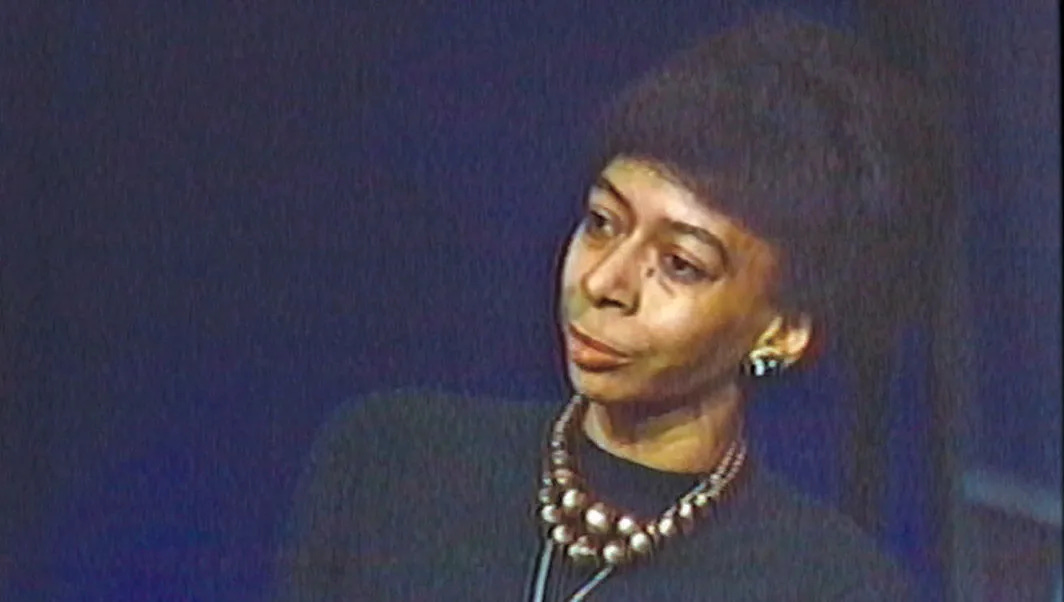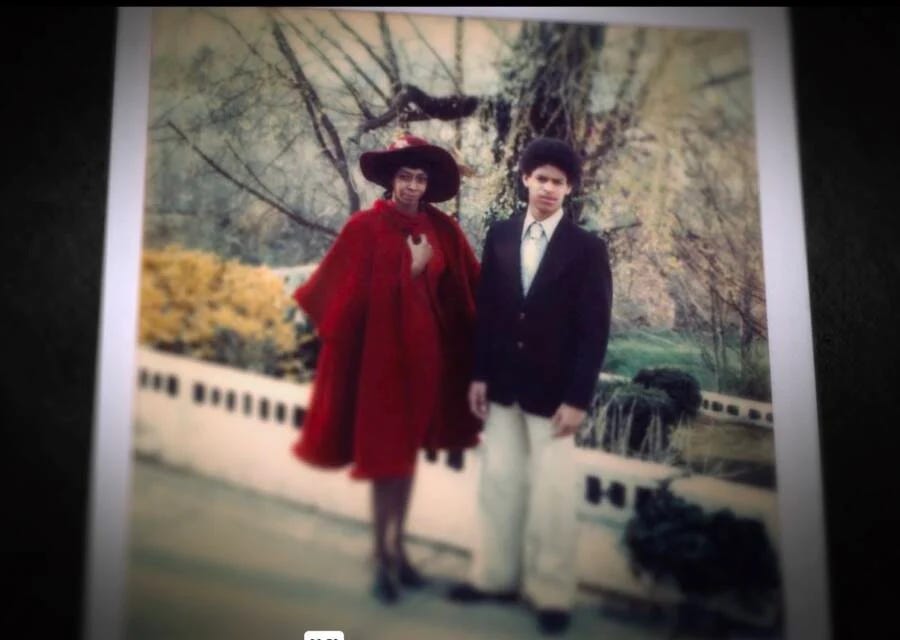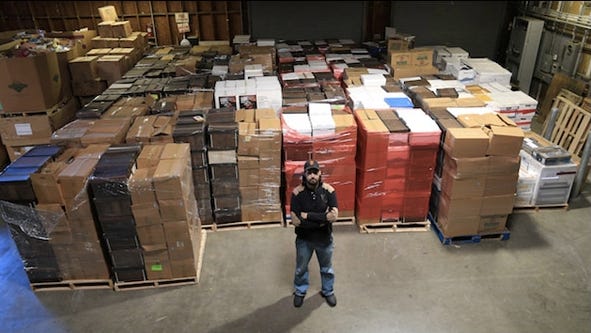The Black Woman Who Recorded Everything
Marion Stokes Secretly Recorded 35 Years of News Television
Imagine documenting history nonstop for over three decades. Marion Stokes did exactly that. A fearless activist, Stokes recorded TV broadcasts 24/7 from 1977 until her passing in 2012 capturing more than 750,000 hours across 71,000 tapes.
Why?
To preserve truth and hold media institutions accountable.
Join us, while we dive into the extraordinary story of Marion Stokes, the Black woman who singlehandedly archived 35 years of television history.
Born in Philadelphia in 1929, Marion Stokes dedicated her life to activism, passionately championing racial equality, gender justice, and meaningful social reform. As the chair of the Fair Play for Cuba Committee, she courageously opposed America’s embargo against Cuba and organized buses from Philadelphia so activists could participate in the historic 1963 March on Washington.
Her commitment to education and accessible information began decades earlier in the 1940s when she became a librarian at the Free Library of Philadelphia. After two dedicated decades there, Marion sadly lost this position due to her outspoken political views. Yet, this setback only fueled her resolve. Soon afterward, she became a founding board member of the National Organization for Women, continuing her unyielding advocacy for women's rights and broader social justice.
By the late 1960s, Marion clearly understood how media shapes society. Alongside her husband, John Stokes Jr., she co-produced Input, a groundbreaking Philadelphia-based television show that ran from 1967-1969. Input openly tackled controversial issues such as racial inequity, eugenics, Native American rights, and prison reform, giving a platform for educators, artists, community leaders, and grassroots activists to hold honest dialogues. Understanding the historical significance of these conversations, Marion preserved the original recordings meticulously, first on reels and later transferring them onto Betamax tapes.
Marion's passion for archiving became especially urgent during the Iranian Hostage Crisis in 1979, when she began worrying about misinformation, inconsistencies, and suspected cover-ups in mainstream media reporting. Recognizing that networks regularly erased, edited, or selectively broadcast information, she resolved to proactively preserve media history.
From then on, Marion tirelessly documented television broadcasts 24 hours each day. Eight VHS recorders functioned around the clock, simultaneously capturing network coverage from CNN, MSNBC, Fox, CNBC, C-SPAN, local news broadcasts, talk shows, and documentaries. Carefully labeling and archiving every tape, Marion effectively turned her own home into a media preservation hub, frequently assisted by family members and dedicated helpers trained to manage the expansive operation. Determined to safeguard truth that could otherwise have been forgotten, Marion also stored her ever-growing archive in multiple apartments and storage units spanning two states.
Beyond amassing an unparalleled VHS collection, Marion demonstrated visionary foresight by recognizing technology's increasing role in information distribution and archival preservation. From its earliest days, funded by her husband John’s wealth, she wisely invested in Apple computers, ensuring her project remained supported and her life's mission as a guerrilla archivist continued strong into the digital age.
When Marion passed away on January 3, 2012, at age 83, she'd accumulated a staggering 800,000 hours of recorded footage neatly cataloged across nearly 40,000 videotapes. Her archive included coverage from Boston (1977–1986) and Philadelphia (1986–2012). Impressively, her vigilant recording efforts continued right until the day she passed, capturing another momentous and tragic event, the Sandy Hook massacre.
Her final wish expressed clearly to her son, Michael Metelits, was this simple make sure these tapes reach the people. Honoring that request, Michael donated Marion's one-of-a-kind collection to The Internet Archive, a nonprofit organization dedicated to preserving digital history. Transporting this extraordinary legacy required four massive shipping containers and cost $16,000 marking the largest single archival contribution the Internet Archive had ever received.
Today, Marion Stokes' life's work lives on through an ongoing, ambitious digitization project spanning a decade and counting. Fueled by devoted Internet Archive staff and volunteers, this meticulous $2 million digital preservation initiative ensures Marion's legacy remains accessible for generations to come.
Throughout her remarkable journey, surrounded by televisions, countless VHS tapes, and always-running recorders, Marion remained humbly resolute, reflecting simply:
"I’m archiving, that’s all."
Link to the The Marion Stokes Project:
Thank you for joining us today. For more engaging stories, visit One Mic History. Your continued support is greatly appreciated, enjoy our latest episode. We love you all.
-Countryboi








Fascinating.